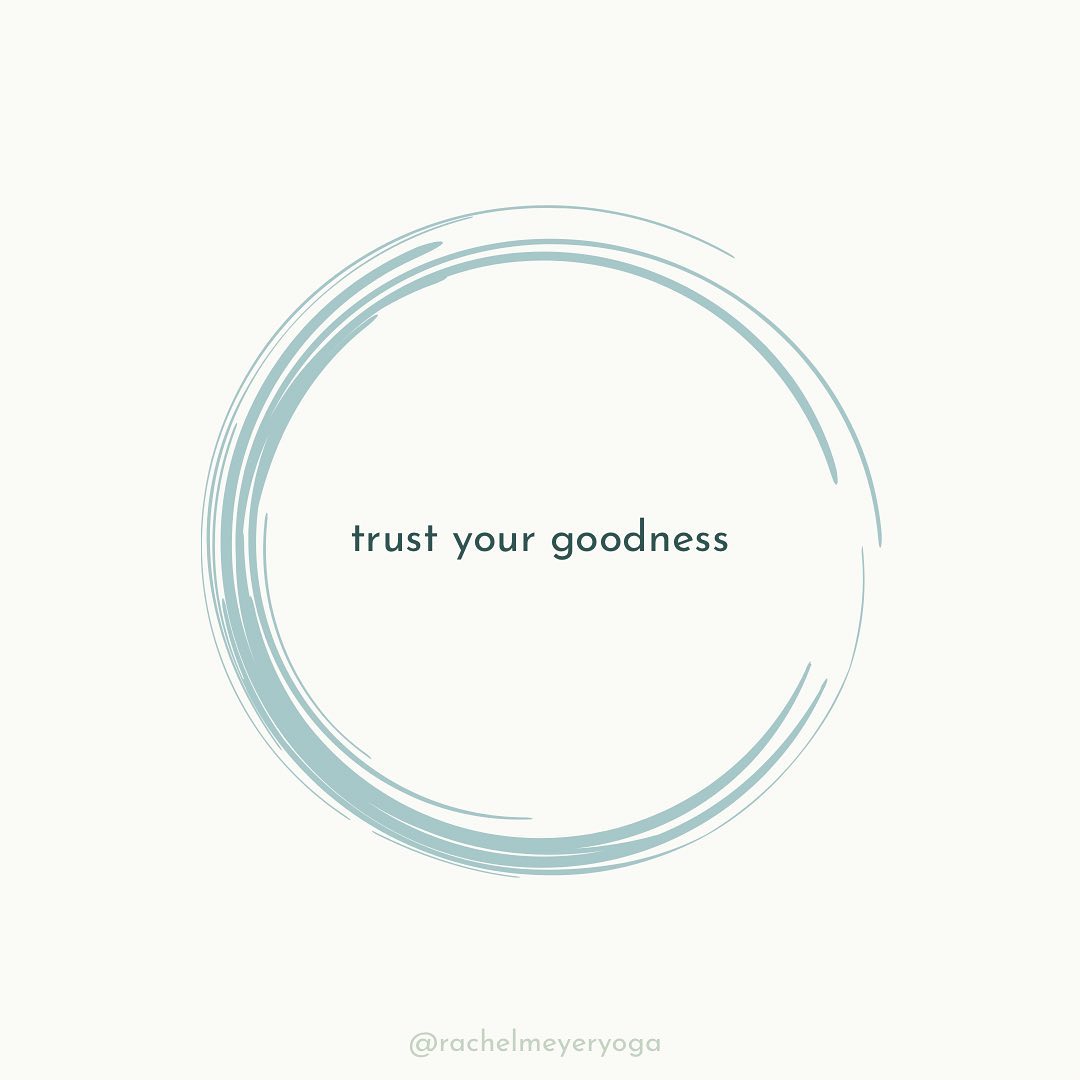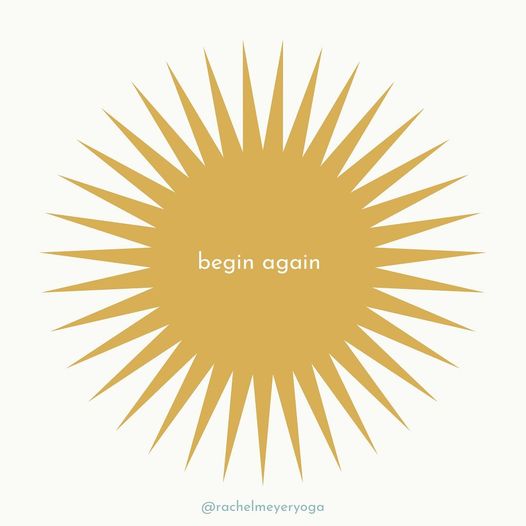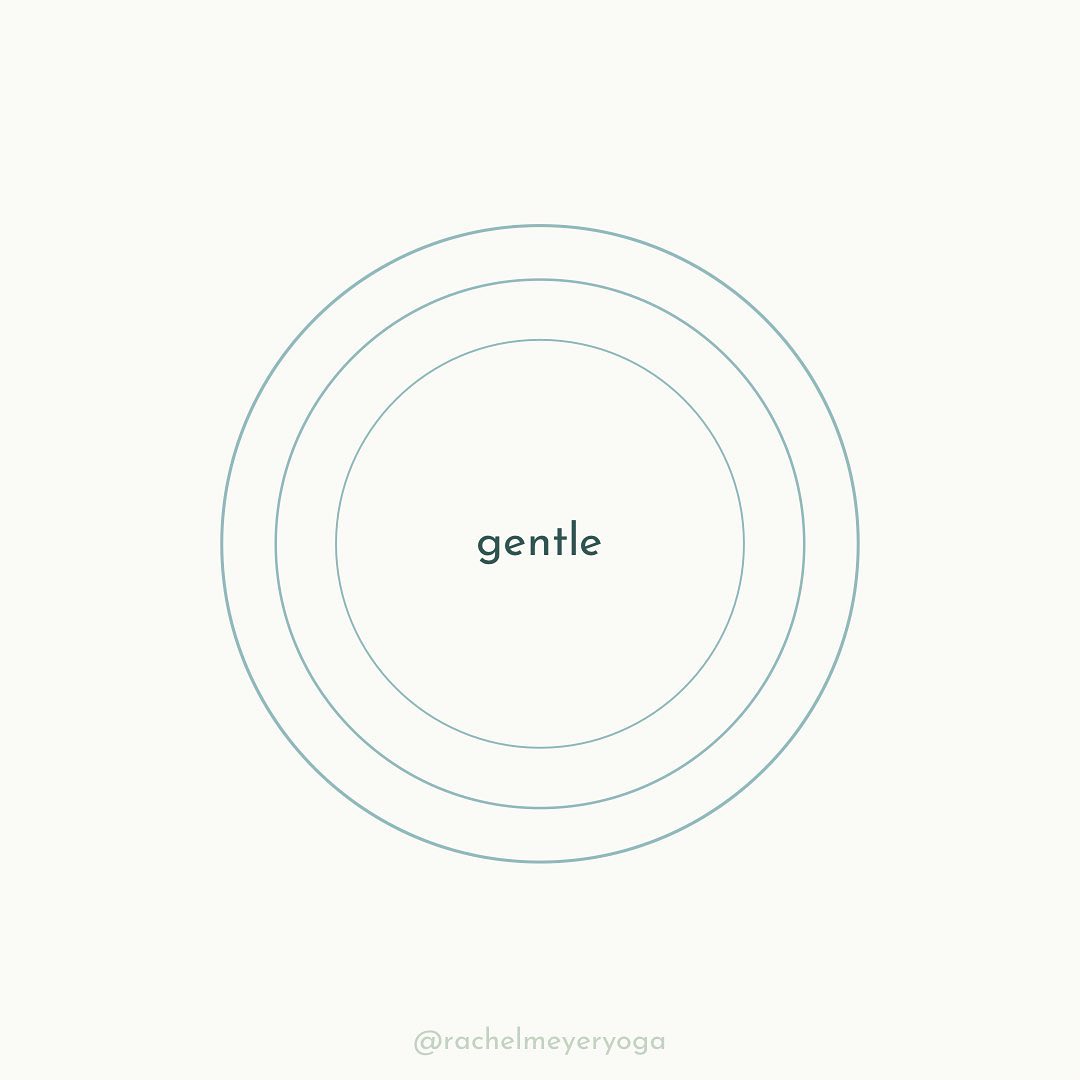Last week I fell and fractured my sacrum.
I was reading while walking down the stairs, my morning cup of tea in one hand, and completely missed the bottom step, smashing the wooden edge with my tailbone and landing hard on my ass.
Later that day, lying on my side on the sofa trying to tell myself it was just a bruised tailbone, I watched the Palisades Fire in Los Angeles explode, and was soberly reminded that my situation wasn’t so bad after all.
(A little perspective goes a long way. I had a roof over my broken butt. So many others now do not.)
But that night, after trying to push through the pain all day, a series of x-rays and CT scans in the UW Emergency Department diagnosed a fractured sacrum.
I’ve essentially been on bedrest in the ten days since then, lying on my side and rotating every 30 minutes or so when my hips start to ache.
Needless to say, this is not how I expected 2025 to begin. I’d been planning to teach new yoga classes both locally and online in January.
D’oh.
But the good news — the great news — is that the orthopedic surgeon confirmed that no surgery is required. By March or so, my sacrum should heal on its own, thanks to 6-8 weeks of rest and limited mobility and my new best buddy, the soft little donut cushion I’ll be carrying with me everywhere I go.
The sacrum is traditionally known as “the holy bone.” It’s like an upside down triangle at the back wall of your pelvis, just above the tailbone; the seat of the second chakra. You might’ve experienced a yoga assist from a teacher pressing back steadily on your sacrum during Downward Dog or massaging it gently in Child’s Pose.
Thankfully, the S-4 section I fractured is not weight-bearing, and the nerves are not affected, so I can still stand and walk without much pain. Sitting and lying on my back are another story — oof, the agony! — but both should eventually improve over the weeks to come. I feel so grateful for a spine that remains strong and healthy, and for the core muscles that are working especially hard to support my body right now.
Of course it’s hard to be patient about waiting months to do a vinyasa again. Movement is my daily must — whether that’s athletic yoga asana or a brisk walk in the thin afternoon sunlight. It’s torture to not even be able to fold forward in a simple hamstring stretch anymore.
So naturally I’m hungry to get back.
You should’ve seen the orthopedic surgeon’s face when I consulted him with my laundry list of questions. How long until I can do a headstand? Planks? Backbends? Twists? Forward folds? He got a whole Yoga 101 orientation that morning in his office.
The answers were mostly promising: Listen to the pain. Trust your body. Back off when it doesn’t feel right. Don’t rush back into it. Full range of motion will come with time.
So, I just keep reminding myself, as Zen teacher Frank Ostaseski says:
Right now it’s like this.
And it won’t always be this way.
A few other things I’ve learned along the way:
Be mindful walking down the stairs. Boy, did I feel like an idiot yogi for missing that bottom step. Why wasn’t I more present? Where was my Zen practice in that distracted multitasking moment? It was (and is) a humbling reminder that we’re all, always, beginners. And that one second — literally one step — can change your life.
When in doubt: laugh. That first day post-diagnosis, lying there on the sofa like a vintage odalisque painting, unwashed and under-slept with penguin-shaped ice packs shoved down the back of my pants, I tried so hard to be productive. There was so much I’d been wanting to get done in the new year! But it’s next to impossible to even reply to an email when you’re reclined on your side holding your phone awkwardly in front of your face. So I gave up the productivity ruse and dialed up Schitt’s Creek. I’d heard such good things about it and knew it was exactly the kind of lightness and absurdity I needed. Eugene Levy & Co. didn’t disappoint. Six seasons got me through the first ten days of bedrest. Premier League soccer and Will Ferrell on the New Heights podcast were two other welcome balms.
Our practices ebb and flow. This rest period reminds me a lot of being pregnant, when my once-strong and agile body suddenly couldn’t do what it had always done. Our bodies and our asana practices are always changing. They will continue to do so as we age. We can’t get attached to one state of fitness or mobility. 1 in 4 of us will experience disability at some point in our lives. We can all expect to experience moments like this. It’s just a matter of time. (And how lucky we are to grow older and more fragile, given the alternative.)
That said: don’t take your mobility for granted. Appreciate the ability to sit down at a dinner table and share a meal with your people. Appreciate the ability to curl up on the couch and drink a cup of tea. Appreciate the ability to DRIVE. Appreciate the ability to lie on your back or your yoga mat. Appreciate the ability to put on socks and shoes. Appreciate the ability to empty the dishwasher. Appreciate the ability to sit on a toilet! None of this is a given.
Our bodies are so fucking wise. My sacrum knows how to heal this shit on its own. Its natural state is wholeness. I don’t even have to go back for a follow-up x-ray in 8 weeks because the doctors assume it’ll take care of itself. (Unless some kind of unexpected pain emerges.) How cool is that? It was fascinating to experience how in those initial hours of shock post-fall, my body literally shivered and shook in an animalistic kind of effort to release the trauma and adrenaline of the injury. I have seen this happen regularly in my yoga classes and it was a marvel to witness in my own body.
Feeding your body well will truly make all the difference. That first day, I immediately zoned into nutrition for healing to make sure I was nourishing my body with everything it could possibly need. Here was one tangible thing I could really do to speed my recovery time. Nuts and green juice and lentils and hummus and kombucha and broccoli, you name it. My mental and spiritual well-being have no doubt benefited from that, as well.
Your spiritual path is the one you’re on right now. In my post-injury googling, I discovered that term “holy bone” and knew this was my opportunity to put my yoga and meditation practices into action. Your spiritual practice doesn’t have to look like a monastery or a shala or a lush Balinese retreat. It can look like holding onto the counter for dear life as you inch your way to the kitchen in search of the next dose of Tylenol. It can look like doing neck rolls and Gomukhasana arms during ad breaks on Schitt’s Creek. It can look like not getting attached to the plan you had for your life in 2025. I’m practicing a different kind of yoga now.
Acupuncture and cupping really work. I’ve been fortunate to have two sessions since the fracture and both have helped tremendously with pain relief and swelling reduction. I’ve been a regular acupuncture patient for over 15 years now and this experience has only reaffirmed that. Cupping had helped a lingering hamstring injury in the past and I’ve been delighted to see how helpful it’s been in encouraging healing here, too.
Healthcare in the US is not healthcare in Switzerland. That first night at the ER, I spent a good five hours curled up on a stretcher in the hallway, squished between fellow overflow patients. In Basel, you’d be relaxing in a private room while the 2pm Kaffee & Kuchen carts roll by. We’re still holding our breath waiting for the insurance coverage decisions to come through.
That said: emergency room doctors and nurses are angels. They were truly such lovely human beings. I so appreciated the empathy they’ve all clearly been trained to offer. Every single one looked me in the eyes and said “I’m so sorry this happened to you.” I overheard them saying the same thing to the pneumonia patient on my left and the flu sufferer on my right and the man with chest pain down the hall. In that scary moment, not knowing how long I’d be immobilized, or how serious the break was, their empathy was such a powerful comfort. There is so much compassion in just telling one another “This is hard, and I see that.”
Rest. Curl up next to the fireplace and nap. Follow your breath as your chest rises and falls under the sheepie blanket. Make friends with the stillness and not-doing. I’ve never been one to loll around on the sofa all day. It’s much more my style to get up and out. But giving into the rest and trusting in the savasana to do its thing has been so helpful. When our bodies are healing, they’re silently so hard at work, especially when we’re sleeping or simply resting on the couch. Even just icing and popping painkillers turned out to be important steps. It is a privilege to be able to rest.
Door Dash and Amazon Whole Foods grocery delivery will save your broken ass. We didn’t really utilize these kinds of things in Basel. For once, American capitalism wins a few begrudging points from us. When you can’t leave the house, or carry heavy things, or drive in a car, these quick delivery services really will save your life.
Breathe through your nose. Pranayama (mindful breathwork) was an essential source of comfort during that first day of excruciating pain, and during the especially acute suffering that came with lying on my back to take x-rays and CT scans. It soothed my mind and calmed my nervous system when I was waiting to find out from the orthopedic surgeon whether I’d have to have surgery or not. Nose-breathing has truly been one of my greatest tools. Can’t recommend it highly enough. (If you haven’t read James Nestor’s book Breath: The New Science of a Lost Art, especially if you’re a yoga teacher, please go read it now. You’ll never want to breathe through your mouth again.)
Mantras work, too. Yoke your mind to what is good to avoid spiraling into anxiety or what ifs. Alone in the house while my husband and son drove to his soccer match, I propped myself up with my eyes closed in the sun streaming through the back window repeating to myself “I am healing, I am healing, I am healing”, imagining that solar warmth radiating right into my sacrum. It helped.
Maybe there are hidden blessings somewhere in here. Maybe this is the writing retreat I’ve been needing for the last year? Finally a time to tackle the 47 writing projects that have been in the freezer throughout the course of our international move and the long complicated process of settling into a new home in a different country. Maybe it’s finally time to finish that book manuscript. Maybe there’s a reason for this stillness.
Don’t take yourself too seriously. Especially when you’ll be carrying around a squishy donut-shaped ass-cushion everywhere you go for the next two months. Shit happens. Suffering is a part of life. You can let it make you bitter and sour, or you can open yourself up to the cosmic humor of it all.
“There’s a crack in everything. That’s how the light gets in.” Leonard Cohen’s oft-repeated quote says it best. There’s a goddamned spiritual lesson or two in this motherfucking fracture. The January days are getting longer. The light is slowly returning. The sun peeks out now and then from behind the gloomy Seattle cloud cover.
And that reminds me that it’ll all be ok.
Want to help fire victims? The best way to support Los Angeles in the long and short term (Vox)




